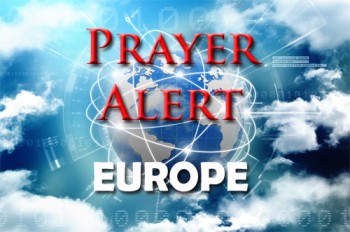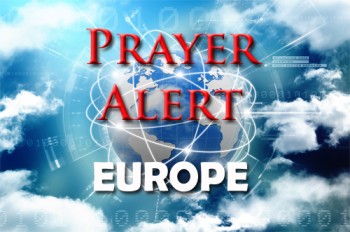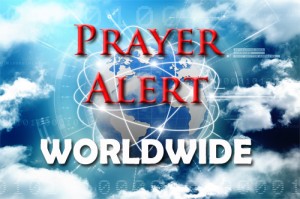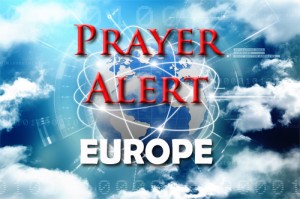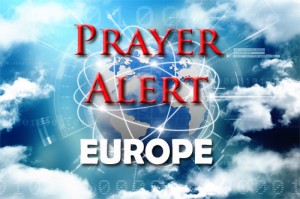Displaying items by tag: Catalonia
Spain: conflict in Catalonia
Catalonia is a semi-autonomous region in north-east Spain whose history dates back almost a thousand years. The wealthy region has 7.5 million people, with their own language, parliament, flag, anthem, and police force. It also controls some of its own public services. Catalan nationalists have long complained that their region sends too much money to poorer parts of Spain, as taxes are controlled by Madrid. Last October about 90% of Catalan voters backed independence, in a turnout of 43%. Recently Spanish police arrested 9 Catalan independence activists in Barcelona. They face charges of rebellion, terrorism and possession of explosives used in bomb-making. They are associated with the Committees for the Defence of the Republic (CDR), a network of radical groups that advocates direct action to secure independence from Spain. CDR has previously blocked major roads and railway lines. Police believe the activists plan to carry out sabotage and violent attacks on the anniversary of the referendum on independence.
Spain: worst wildfire in twenty years
On 27 June, amid a Europe-wide heatwave, a forest fire in Catalonia raged out of control, despite the efforts of hundreds of firefighters working through the night. It broke out on 26 June, and had destroyed over 10,000 acres by the next morning. Already thirty people have been evacuated from farmhouses, and the regional government warned that it could eventually devour 50,000 acres. It may have been caused by manure in a farm generating enough heat to explode and produce sparks. Much of Europe is gripped in a record-breaking heatwave that could send thermometers above 40 C (104 F).
Spain moves to block Puigdemont
Spain acted on 9 May to stop pro-independence politicians in Catalonia voting in ex-leader Carles Puigdemont, now in Germany, as their regional head, with an important deadline looming. The constitutional court accepted a government appeal against a new Catalan law that would allow Puigdemont to be elected at a distance while he waits for German courts to rule on a Spanish request to extradite him. This means the law will be blocked until the court makes a final decision, which could take months. Catalan lawmakers must pick a leader to form a government by 22 May, to avert more elections and plot a path out of a seven-month standoff which has given Spain, the euro zone’s fourth-largest economy, its worst dose of instability in decades.
Spain: depths of division
Half the electorate in the wealthy north-east region of Catalonia oppose secession from Spain, but recent events have brought the long-running debate to a head. A poll showed unionist parties winning 43.4% support and pro-independence 42.5%. Madrid called the situation ‘the country’s worst political crisis in four decades’. The chaos has caused an exodus of businesses, about 1/5th of Spain’s economy. Tourism has dropped and markets go up and down, reflecting fast-moving developments. After the Catalan leader Carles Puigdemont held an independence referendum despite Madrid's opposition, the constitutional court declared the vote illegal. Spain's central government has now taken direct control of Catalonia. Many believe that it might look over, but the Spanish region’s independence bid has long-lasting repercussions. See
Spain: Catalan referendum
Catalonia has its own history, language and culture. It has both ‘nationality’ status and autonomy within the Spanish constitution. It also has a history of nationalist politics. On 1 October there was a referendum on Catalan independence that the Spanish government declared unlawful. Catalan volunteers guarded polling stations, not from criminals, but from the police. Social media images depict Spanish police kicking non-violent protesters, throwing them down stairs, breaking into buildings, and holding back Catalan police who were trying to help voters - police in a stand-off against each other! The Spanish police managed to force the closure of 93 of 2,000 polling stations. In Spain’s Basque country, other independence-minded people are watching closely. ETA (a Basque terrorist group) has been respecting a ceasefire for many years. Some are wondering what it will do now. Spain is a member state of the Council of Europe, whose primary role is to promote democracy throughout the continent. See
